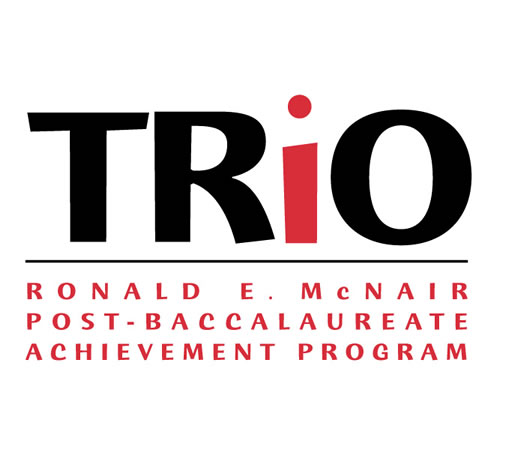Document Type
Poster
Publication Date
2013
Publisher
University of Nevada, Las Vegas; Center for Academic Enrichment and Outreach
Publisher Location
Las Vegas (Nev.)
Abstract
Temperature has strong impacts on ecosystem function and biogeochemical cycles, particularly within extreme environments such as geothermal springs above 60 °C. The primary focus of this study was to investigate the denitrification pathways of Thermus (Bacteria) isolates from geothermal springs from Tengchong, China. This study tested the hypothesis that incomplete denitrification is a common characteristic of the genus Thermus, regardless of geographic origin or species affiliation, which would implicate them in the efflux of nitrous oxide (a strong greenhouse gas) to the atmosphere. In this study, we cultivated 25 isolates, including six known Thermus species, and measured the stoichiometry of nitrogenous products of nitrate respiration using gas chromatography and colorimetric assays. We also designed custom primers for polymerase chain reaction (PCR) amplification of denitrification genes including narG, nirS, nirK, and norB to screen for the genetic capacity for each step in denitrification. Experimental results show that all Thermus strains tested display incomplete denitrification pathways terminating at nitrite (NO2 -) or nitrous oxide (N2O), and possibly nitric oxide (NO).
Keywords
Biogeochemical cycles; Denitrification; Gas chromatography; Greenhouse gases; Ecosystem management; Extreme environments; Nitrous oxide; Polymerase chain reaction; Stoichiometry; Temperature
Disciplines
Biology | Life Sciences
File Format
File Size
1.377 KB
Language
English
Rights
IN COPYRIGHT. For more information about this rights statement, please visit http://rightsstatements.org/vocab/InC/1.0/
Repository Citation
Paraiso, J. J.,
Hedlund, B. P.
(2013).
Are Incomplete Denitrification Pathways a Common Trait in Thermus Species from Geothermal Springs in China?.
Available at:
https://oasis.library.unlv.edu/mcnair_posters/35

